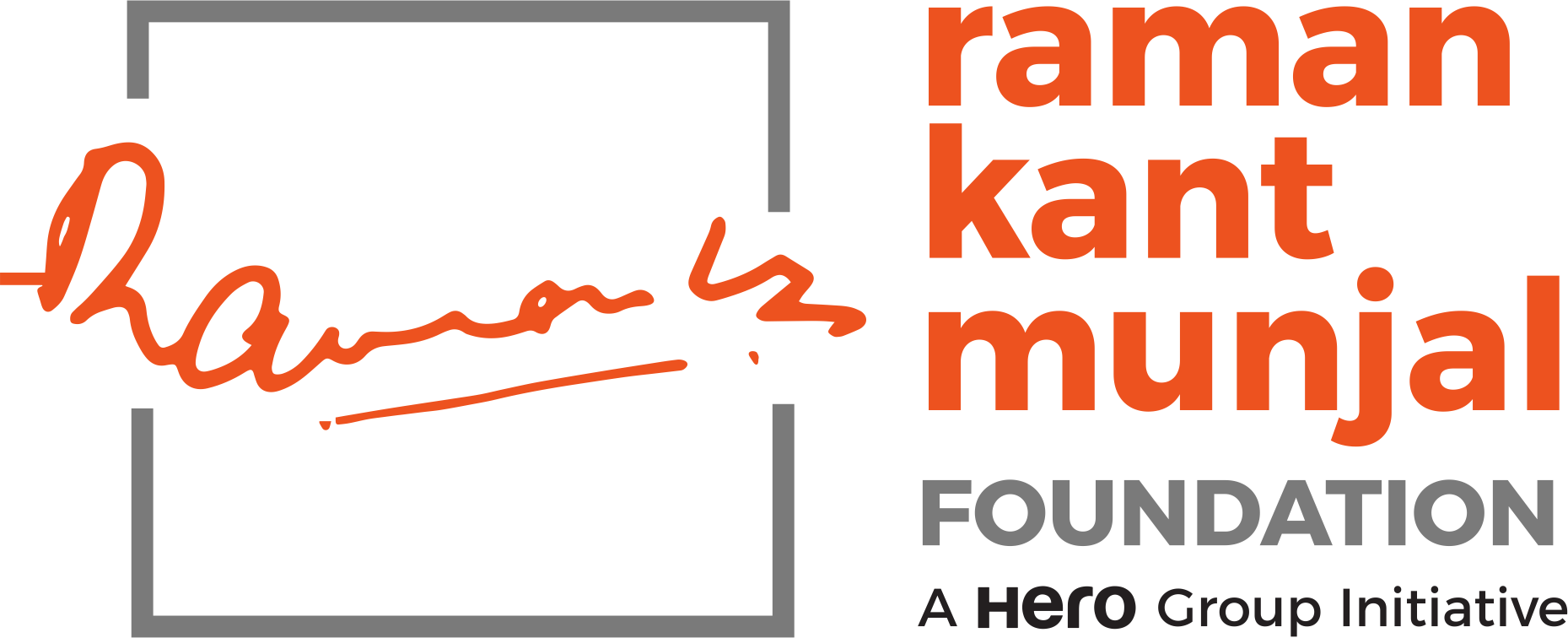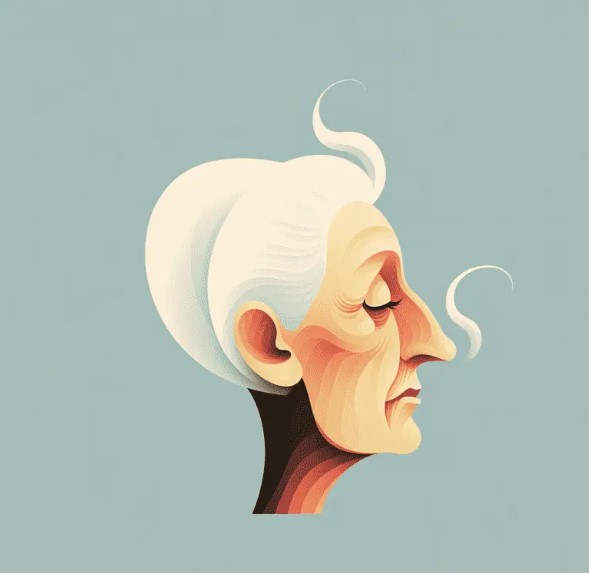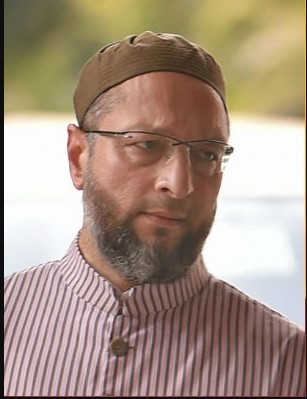Let's love each other: A secure future means finan
June 13, 2025

Anna Hazare was born in a poor family in the village of Bhingar in Maharashtra, India. He joined the Indian Army in 1955 and served for 12 years. After leaving the army, Hazare returned to his village and began working to improve the lives of its residents. He started by building a school and a hospital, and then he went on to develop a number of other projects, including a water conservation scheme and a tree-planting campaign.
In 1991, Hazare founded the Bhrashtachar Virodhi Jan Andolan (BVJA), an anti-corruption movement. The BVJA led a number of protests against corruption, and it eventually succeeded in getting the Indian government to pass the Jan Lokpal Bill in 2011. The Jan Lokpal Bill is a bill that would create an independent ombudsman to investigate corruption.
Hazare is also known for his work in the village of Ralegan Siddhi. Ralegan Siddhi was once a poor and backward village, but Hazare helped to transform it into a model village. He introduced a number of reforms in Ralegan Siddhi, including banning alcohol, promoting education, and encouraging people to plant trees.
Hazare is a Gandhian leader, and he has been influenced by the teachings of Mahatma Gandhi. He is a strong advocate of non-violence, and he has used hunger strikes as a way to protest against corruption.
Hazare is a respected figure in India, and he is considered to be one of the most important social activists of his generation. He has inspired millions of people to fight against corruption, and he has helped to make India a more just and equitable society.

June 13, 2025

June 13, 2025

June 13, 2025

June 13, 2025

June 13, 2025

June 13, 2025

June 13, 2025

June 13, 2025

June 13, 2025

June 13, 2025